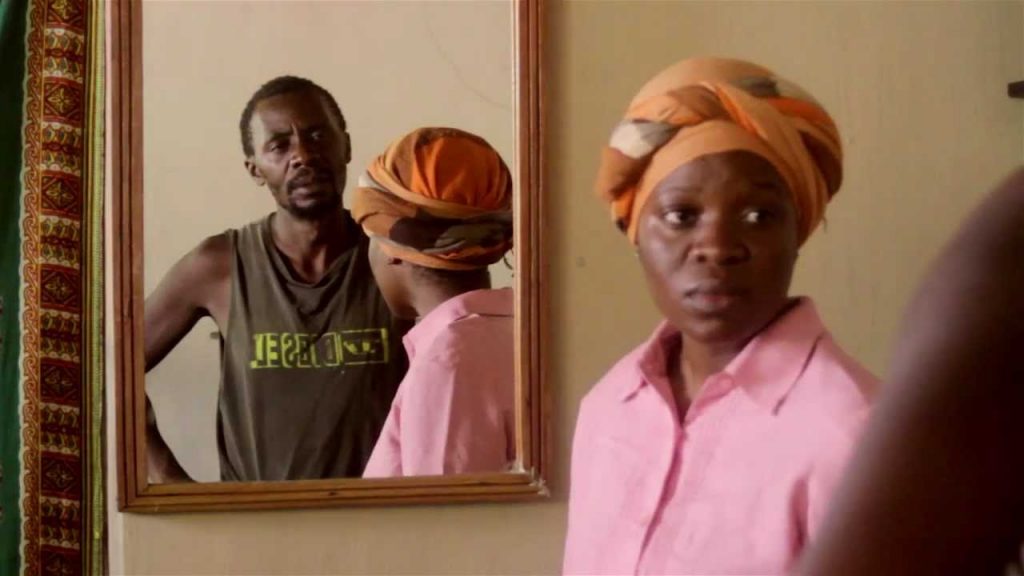When filmmaker Charles Shemu Joyah wrote the script for the movie The Last Fishing Boat, he had several themes in mind.
One of the themes was to highlight the stereotypes directed at some of the African traditions, cultures and ways of life, with polygamy being the most prominent one.
During a fresh screening of the movie on Saturday at Jacaranda Cultural Centre, movie lovers appreciated the themes in the movie once again with a discussion that further highlighted the themes and how stereotypes lead to society frowning upon some cultures, traditions and ways of life.
In his movie, Joyah demonstrates and challenges the stereotypes using characters such as Abiti Anefa played by Flora Suya, Mustafa played by Robert Kalua, Yusufu played by Hope Chisanu and David played by Robert Mcloughlin.
The movie centres on a struggling, polygamous fisher, Yusufu, who despite his challenges, refuses to give up things that have significant cultural value to him such as a bawo board that has some sentimental value.
His young and third wife Abiti Anefa is blindly loyal to him despite sharing him with two other women.
On the other side, a tourist David falls deep in love with Abiti Anefa and tries to convince her to sleep with him in exchange of money, but she refuses, saying according to culture, she is better off as her husband’s third wife than being someone’s secret lover in exchange of money.
Her step son, Mustafa, on the other hand, rebels against his father for marrying Abiti Anefa whom he has always had a crush on. He then embraces homosexuality and sex work to make ends meet and makes his father mad along the way.
The conversation between Abiti Anefa and David clearly challenges stereotypes that the West has on some of Africa’s traditions, especially polygamy. While the white man looks at polygamy as archaic and abusive towards women, Abiti Anefa argues that polygamy is better than deception that most men do when it comes to multiple partners.
In the post-screening interview, Joyah said the movie was crafted to mirror the conversations in our society.
“Cinema is the mirror of the society. We have to discuss issues affecting us and issues that make up our debate on social issues, including polygamy,” he said.
Joyah said he deliberately decided to further challenge the stereotype that prostitution is for women by bringing in Mustafa who is also selling sex to survive.
“Oftentimes, as a society, we look at prostitution as a women’s thing, but the truth is we have so many men surviving on sex work. As storytellers, we decided to incorporate that element,” he said.
One of the actors in the movie, Suyah, wondered why her character was straight jacketed by being graciously unreal with no feelings of desiring other men that were also pursuing her.
“Why was my character so pure? It was like she was flawless. Is that even possible in real life?” asked Suya.
In response, Joyah said the character represented Africa’s pure and original life before it was spoiled by Western influences.
Another character who shows the strength of the African culture in the movie is Yusufu’s fellow fisher and best friend played by Ashukile Mwakisulu who tries to interpret Yusufu’s dreams about his fishing misfortune.
Musician Agorosso also did the movie justice with his authentic cultural music which eventually won the movie Best Soundtrack Award at the ninth African Movie Academy Awards. The Chichiri Cultural Troupe also added colour to the movie with the traditional dances strategically inserted in the movie.
The post Challenging cultural stereotypes via art appeared first on The Nation Online.
 Moni Malawi
Moni Malawi 

